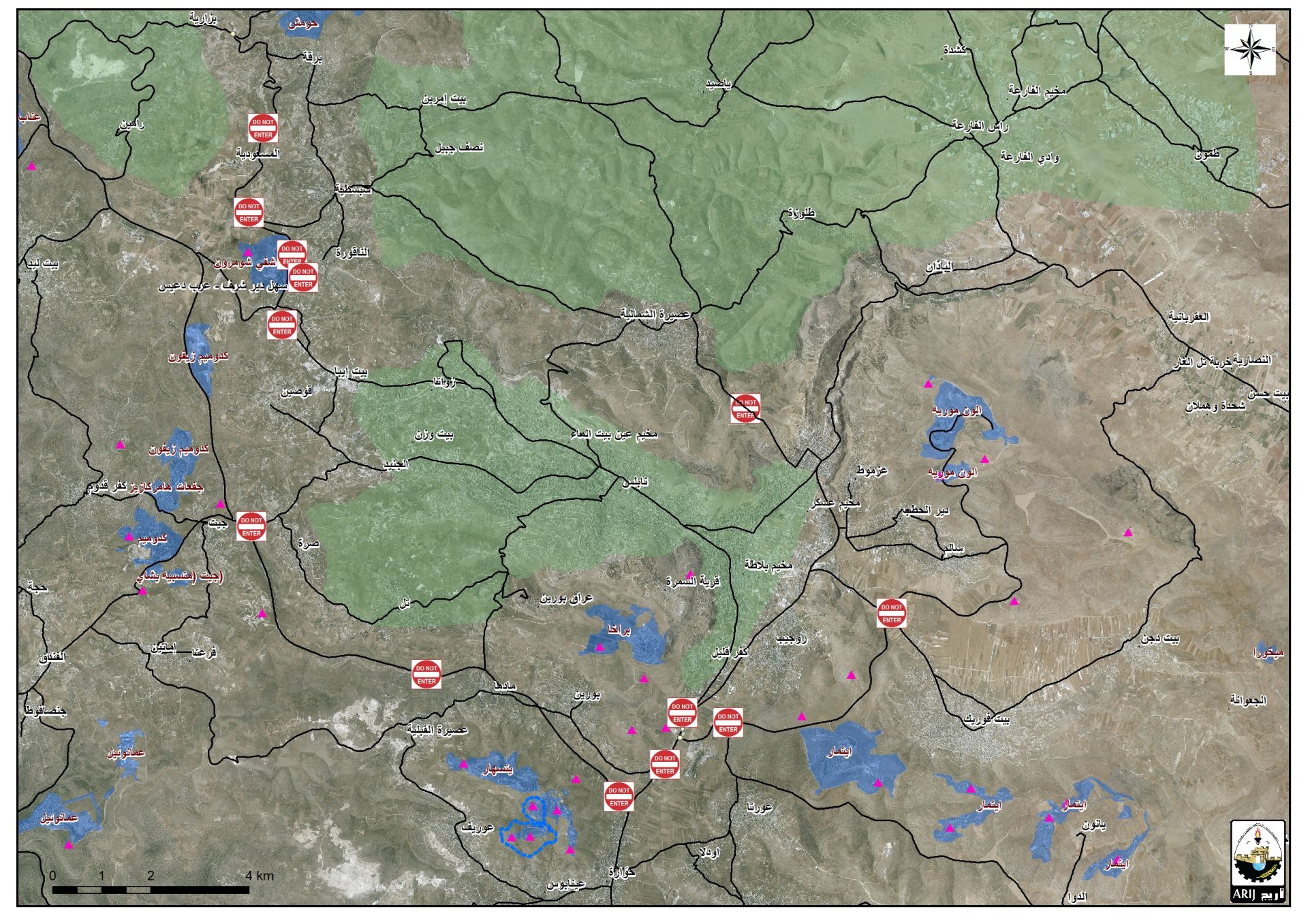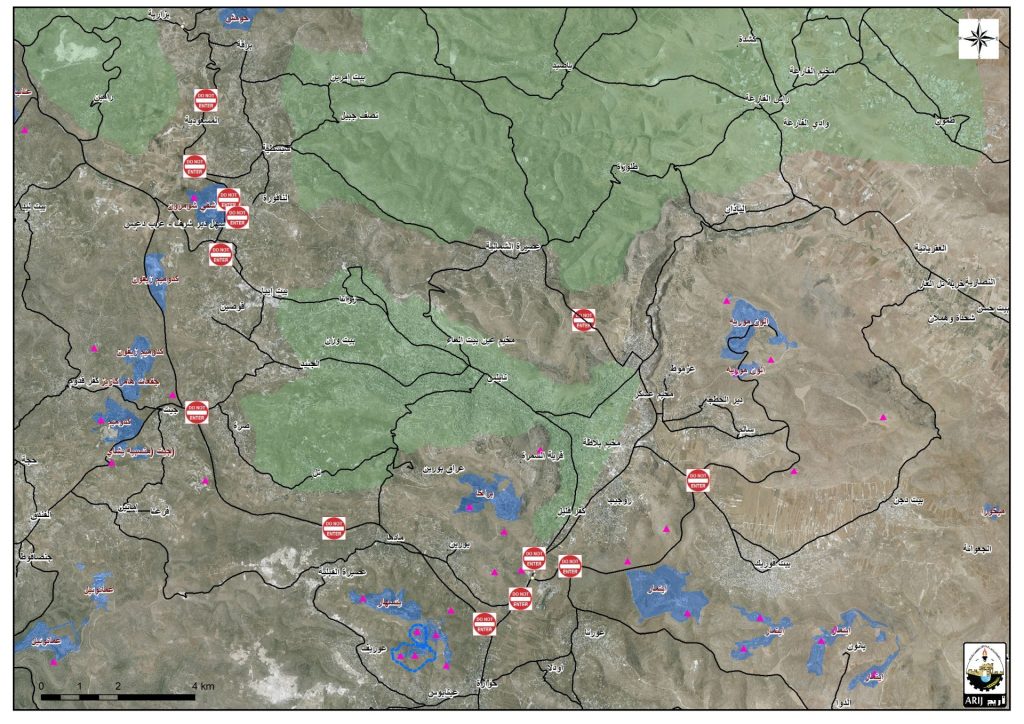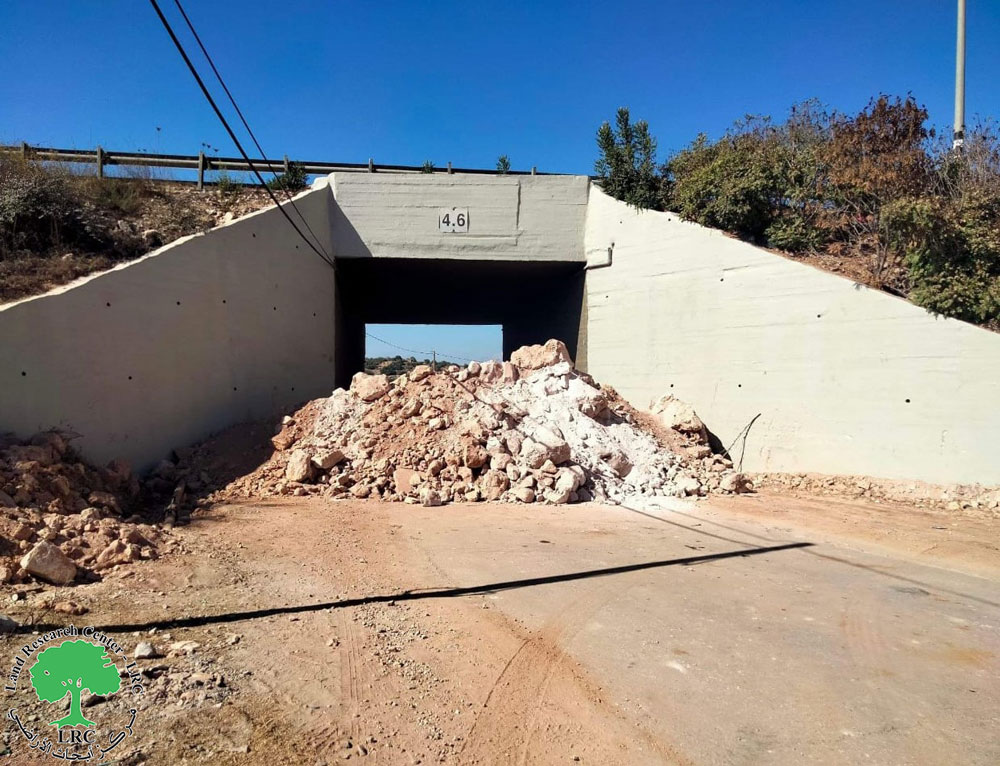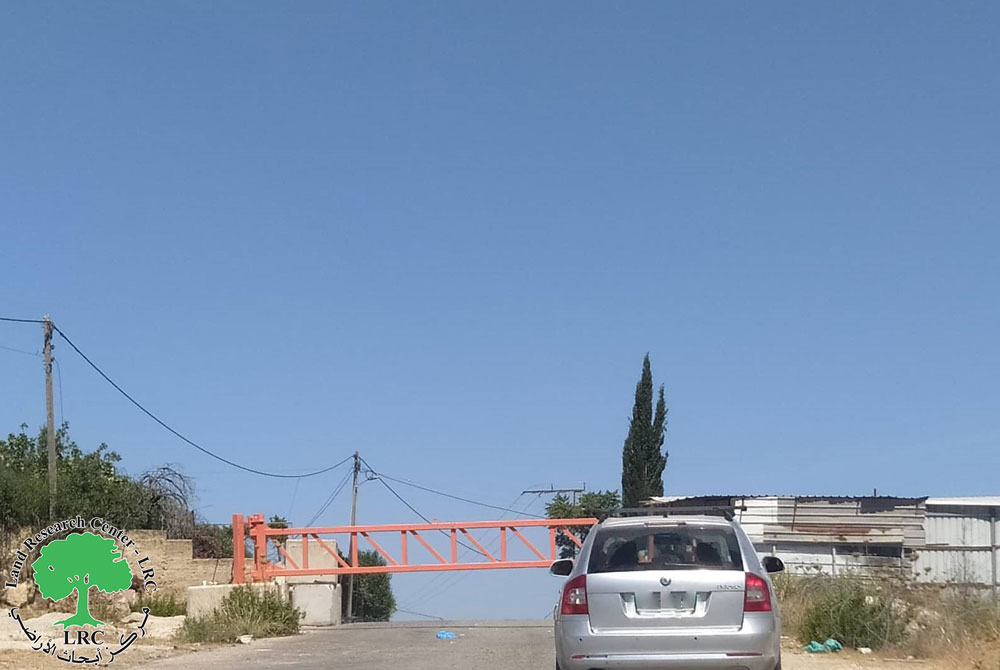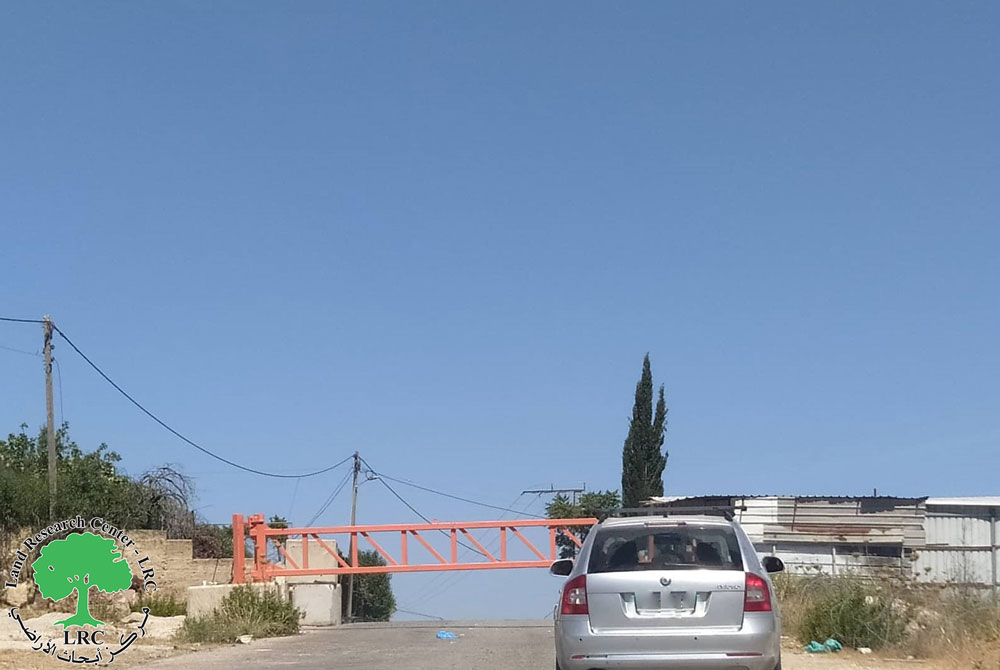The map of Israeli checkpoint stifling the daily life of more than 388 thousand Palestinians
الحصار يخنق محافظة نابلس
The Israeli Closure Policy in International Law
The Israeli closure policy imposed in the city of Jerusalem and the denial of Palestinians freedom of movement within the city itself, and the rest of the occupied West Bank comes in violation of the third article of the Universal Declaration of Human Rights, which was adopted by the UN General Assembly on the 10th of December 1948 and which states that “Everyone has the right to life, liberty and security of person.”
The Freedom of Movement is protected by Article 12 of the International Covenant on Civil and Political Rights (ICCPR) which states: “Everyone lawfully within the territory of a State shall, within that territory, have the right to liberty of movement and freedom to choose his residence.”
In the OPT, other rights are contingent upon freedom of movement and also protected in their own right. For instance, the right of access to healthcare is protected by Article 12 of the International Covenant on Economic, Social and Cultural Rights (ICESCR); the right to education is protected under Article 12 of the ICESCR and Article 26 of the Universal Declaration of Human Rights (UDHR); the right to freedom of religion is protected under Article 18 of the ICCPR; the right to work is protected under Article 6 of the ICESCR; the right to food and water is protected under Article 11 of the ICESCR and Article 26 of the UDHR; and other rights also fall under various aspects of human rights law. Israel’s checkpoints, however, seriously impede, hinder and often explicitly prevent the implementation of these rights and the provisions of the international human rights laws which protect them.
Prepared by:
The Applied Research Institute – Jerusalem


